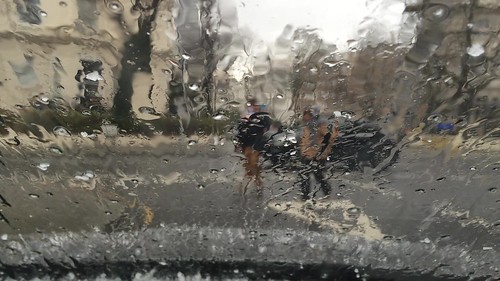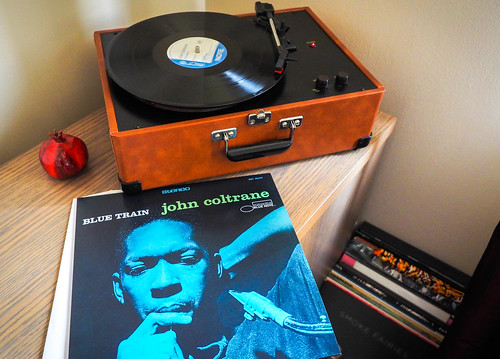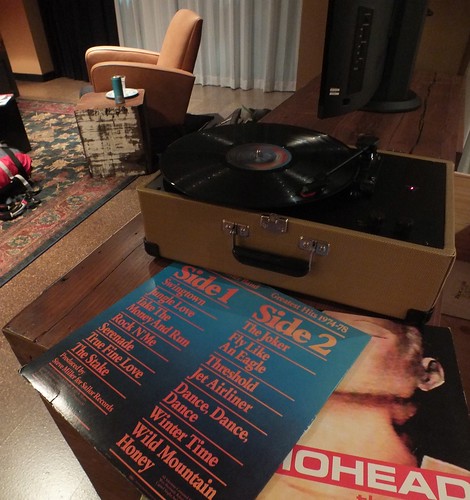
The so-called debate about the UK and the EU is getting even more bizarre now that players like the Bank of England are being jumped on when they say anything.
If Mark Carney had remained quiet or not announced any kind of contingency plans, it could have looked as if he was putting his head in the sand. He mentioned the planned liquidity contingency, which was already in a prior letter and announcement.
Inevitably, he got picked on by an oafish, floccinaucinihilipilificatious and time-wasting early 20th Century jester for showing bias - an accusation he was quick to cut down.

It all makes the idea of any serious content related to the debate even more difficult to imagine.
Then there's another story about City Hall being embargoed from non Boris friendly EU statements, and then not embargoed, and then the order not being rescinded.
Perhaps it is all too complicated now?
Carney has said that the UK is home to the largest international financial centre in the world. Either side could use this fact towards their case.
- In = We need to maintain the position and its links, or the players may move on.
- Out = We are big/powerful enough to look after ourselves and take control.
Unpicking the shift, slide, rise, tilt, roll, and twist of every nucleotide could be a job for a whole generation, much like the generational time it has taken to get to the current position where, still, even things like shoe sizes are different in UK from the continent.
And that's what make a vote difficult. In outsourcing, any deal is constructed with an exit strategy. Yet, despite all its bureaucracy, membership of the EU operates more like an inadvertent lock-in model.
Once things are done they enter the fabric of the way things get done around here. Like sprinkling strands of cheese onto a pizza. Once it is cooked, there's really no way to go back to the raw ingredients, although, there's that trick to turn leftover slices into a waffle.
Come to think of it, there's an awful lot of waffle around.





























